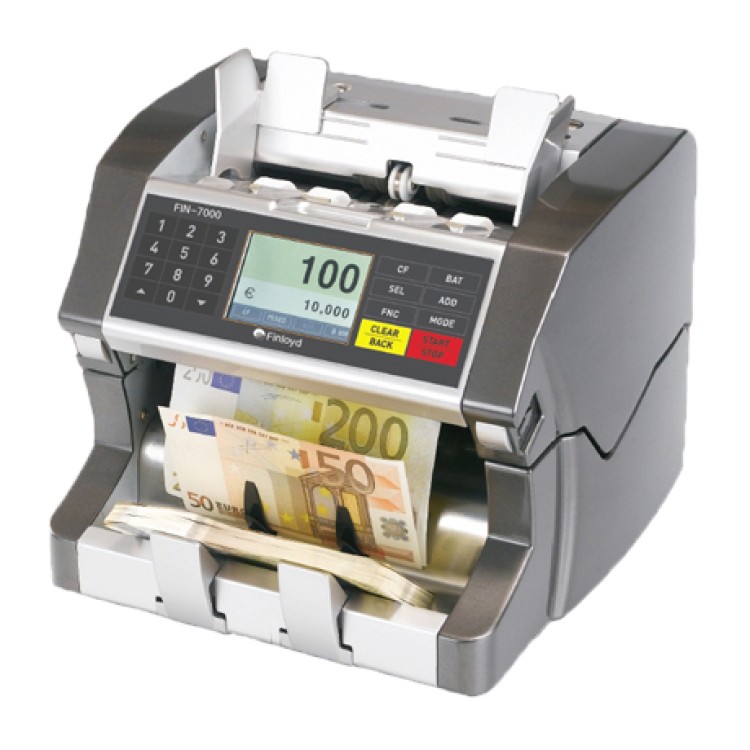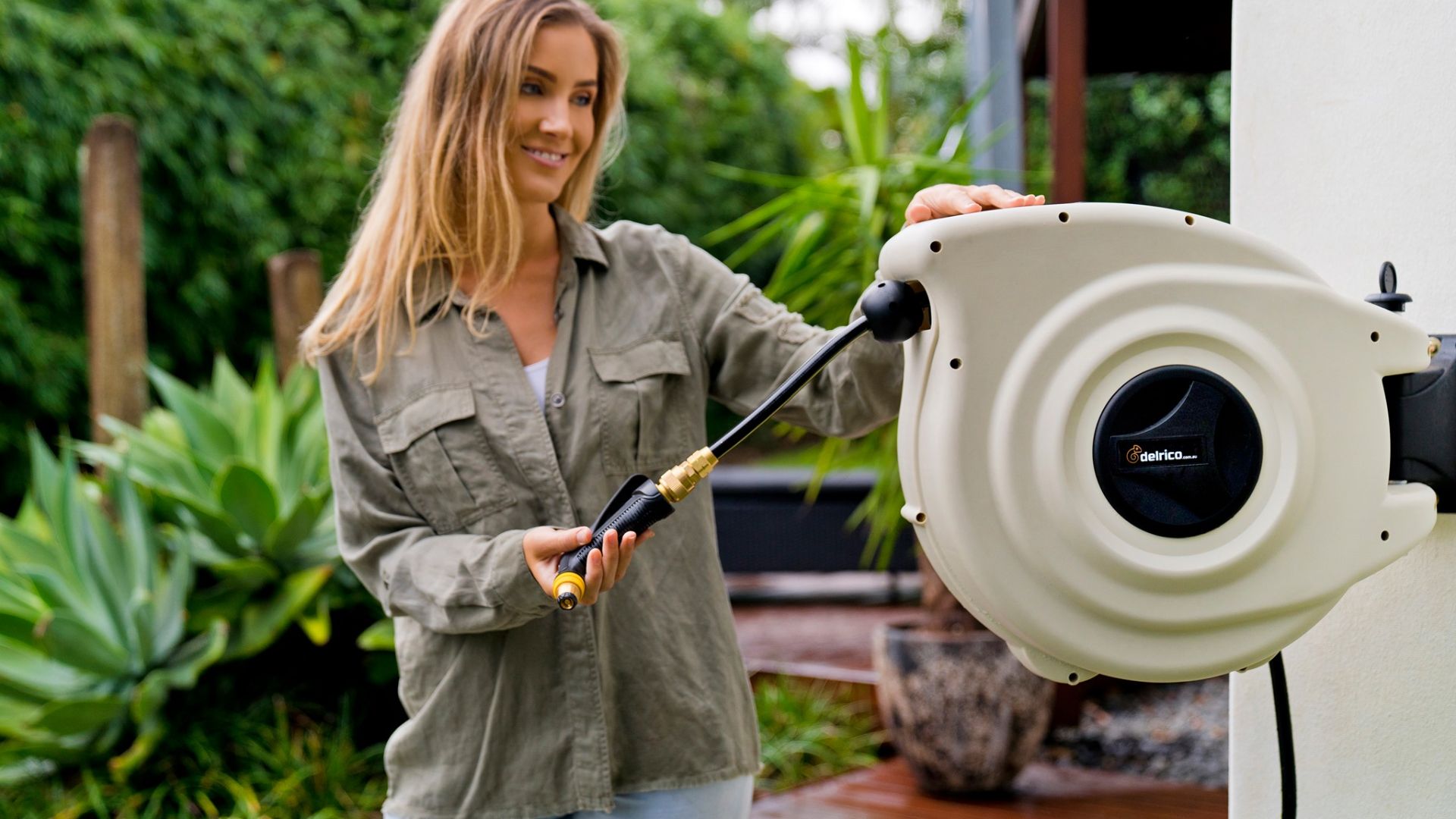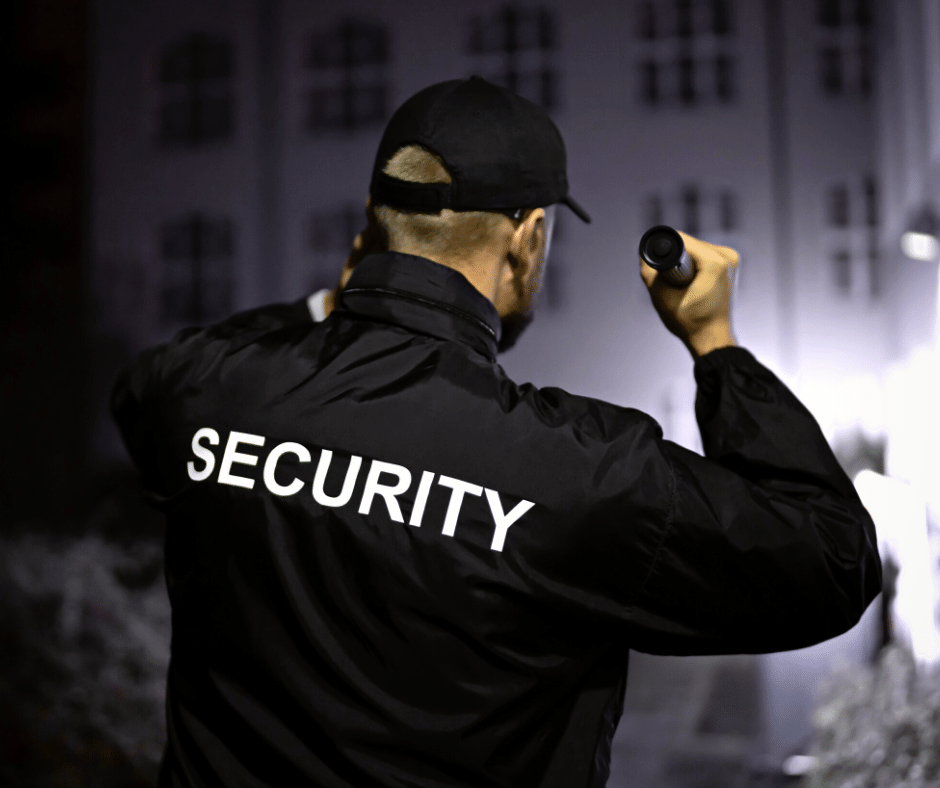Security guards should constantly be ready for anything, regardless of where they work. It almost seems that in the field of security, you should expect the unexpected. No one will be able to prepare for an occurrence in advance. Therefore they must be psychologically and physically ready when it occurs. Security guards must continually train to stay safe.
You could have to defend yourself as a security guard to remove a combative customer, detain a suspect, or stop a theft or act of damage. The location and nature of the company or event you are working for determine the possibility of these kinds of scenarios. Nearly every industry employs armed security officers, including banks, retail shops, sports arenas, and museums. Each jurisdiction and employer has different requirements for specific self-defence training. Here we discuss some self-defence techniques that you must know about them.
Conditions for Security Guards
Most states demand that security guards hold a licence or registration. Guards must typically be at least 18 and pass a background check; the exact standards vary. Some states mandate that security personnel pass a training programme. Public relations, first aid, report writing, and a security guard’s legal authority are all potential training topics. Self-defence training is not often a part of security guard training, despite the possibility of conflict.
Learning Self-Defense
Some businesses will teach defensive tactics as part of training, even if it isn’t mandated in many states. Some security officers may choose to register in defensive tactics training if their employer does not offer one so they can be ready for risky work scenarios. Pressure points, hitting, close-range defensive performance, knife protection, and arrest techniques are all common themes in self-defence training. Martial arts training is progressively significant for certain security officers. Executing self-defence tactics at work requires maintaining strong physical fitness.
Conditions for Carrying a Gun
The state-mandated firearms training is a requirement for armed security personnel. Armed security guards are required to be knowledgeable about the applicable legislation when employing weapons for work purposes. Only lethal self-defence situations that call for lethal force should involve the use of firearms. A 16-hour armed security guard course is a requirement in Arizona for security guards. This course’s fourth and final hour is devoted to discussing the legal implications of utilising lethal force. Other subjects covered include how to handle and care for a gun, how to prepare and condition your mind, and how to recognise threats. Using their firearms on the range, security guards must also certify.
Security Guards’ Weapons Training
Non-lethal weapons like stun guns, nightsticks, or pepper spray are permitted or required for security guards to carry in some states and by some businesses. State-specific training standards for these firearms vary. Tennessee, for instance, mandates that security personnel go through special training with the weapon from a certified teacher. The trainer presents the security guard with a certification card after the training is completed, allowing them to start carrying the non-lethal weapon. In this instance, state regulations do not specify a training duration or program.
Conclusion
These days, both commercial and residential places require a high level of security. Training is necessary before security guards are allowed on the premises when they are hired. Unfortunately, many businesses fail to provide adequate training to the security guards, leaving them unprepared to handle a variety of circumstances. If you are looking for armed security guard training, Alpha Security Academy is one of the best options. They provide proper training to their employees. You can ask us questions in the comments area if you want more information.










